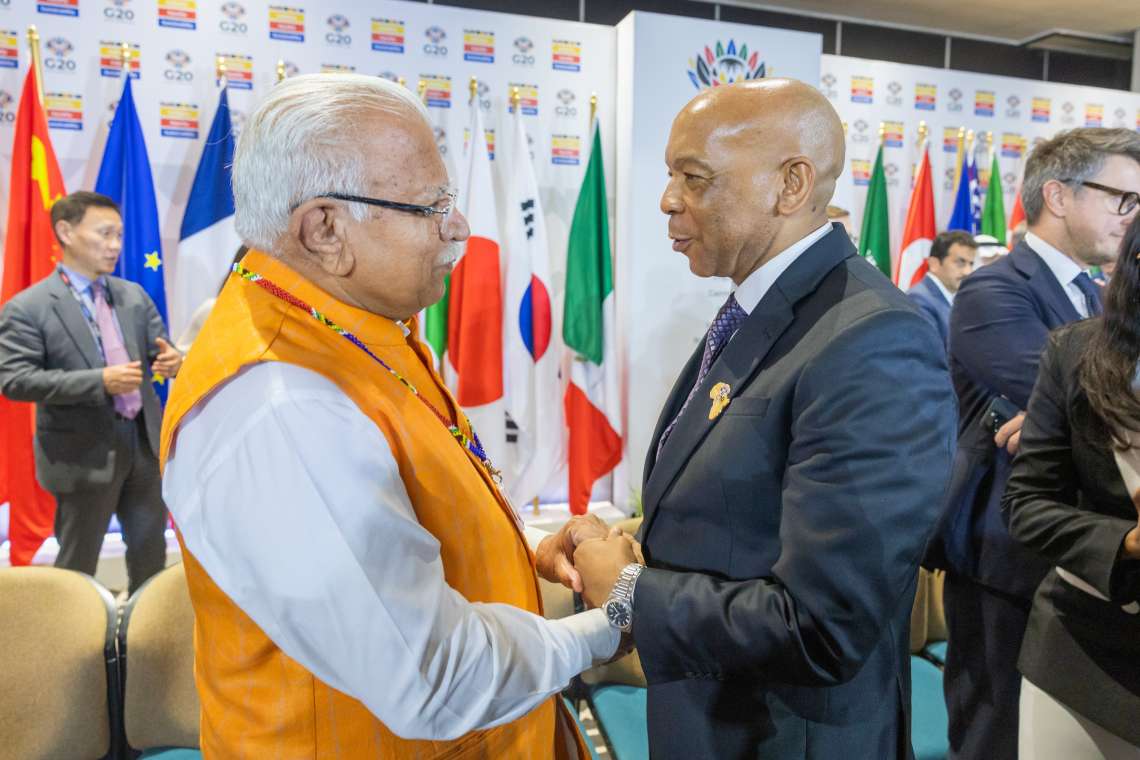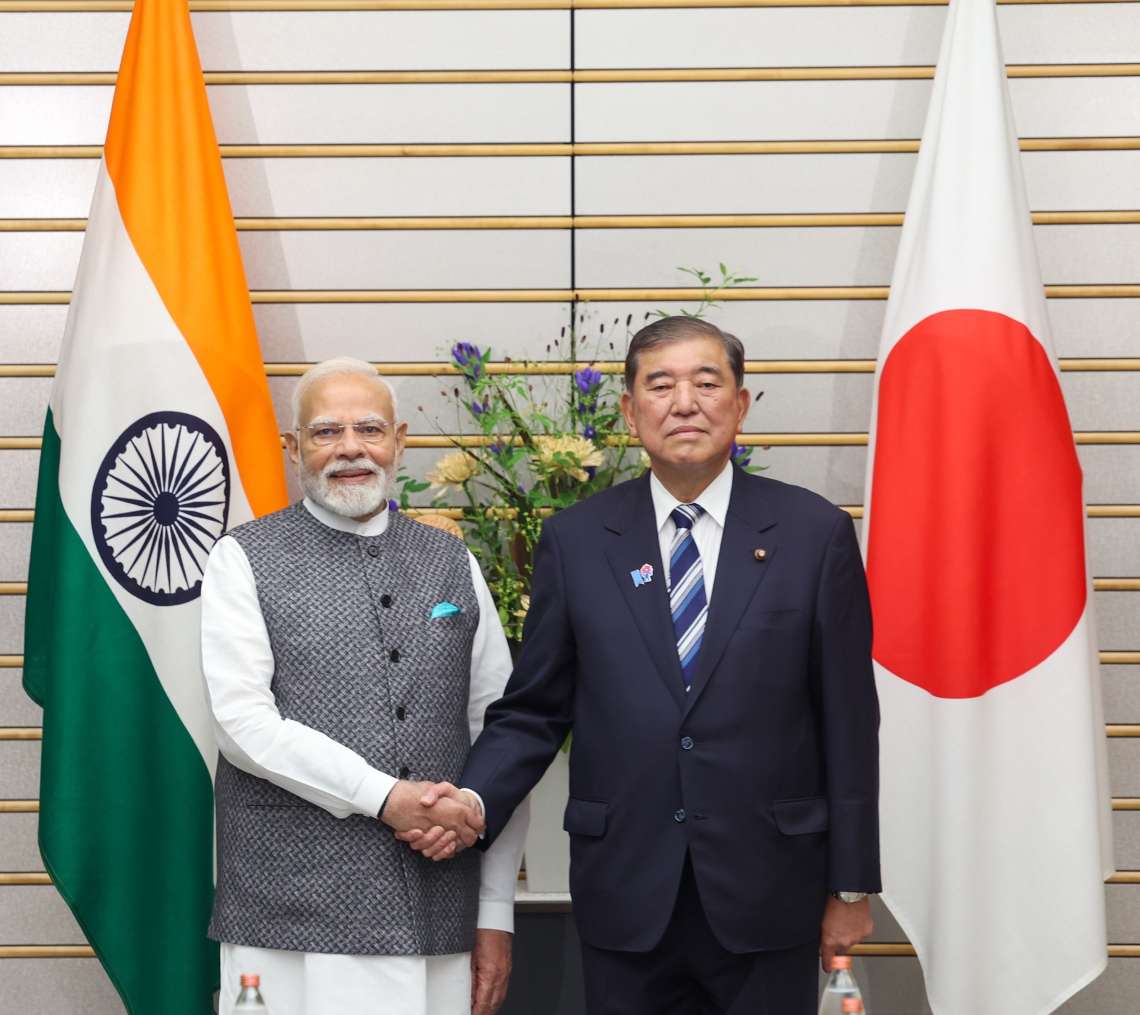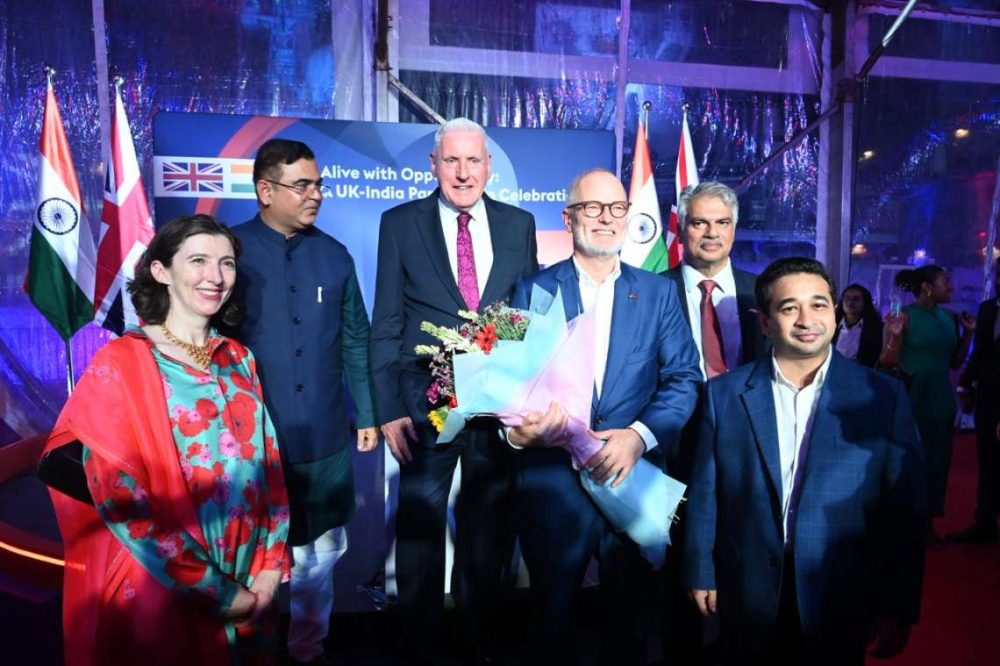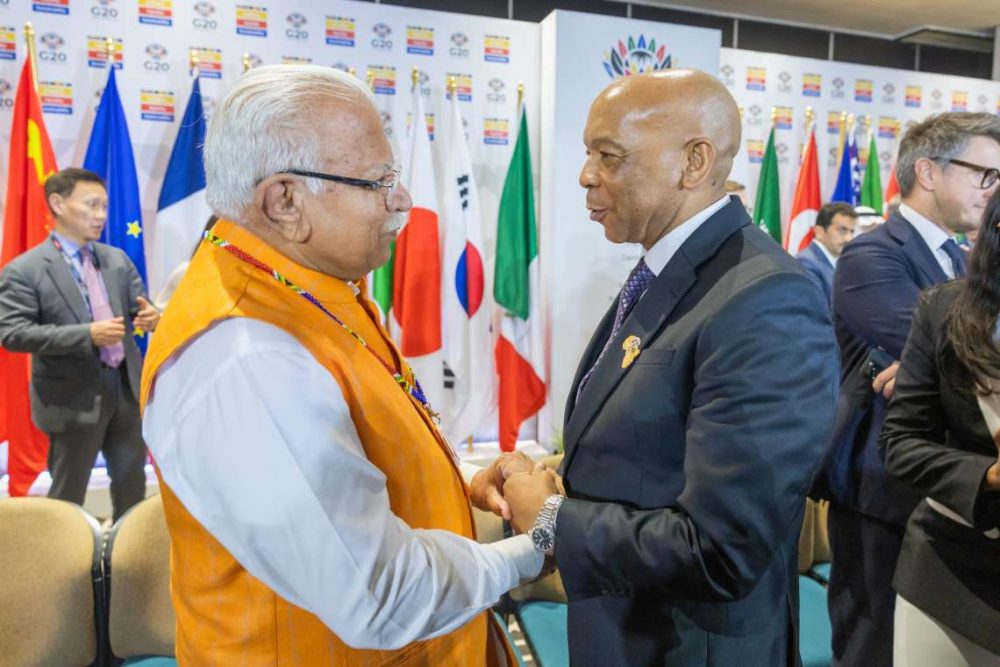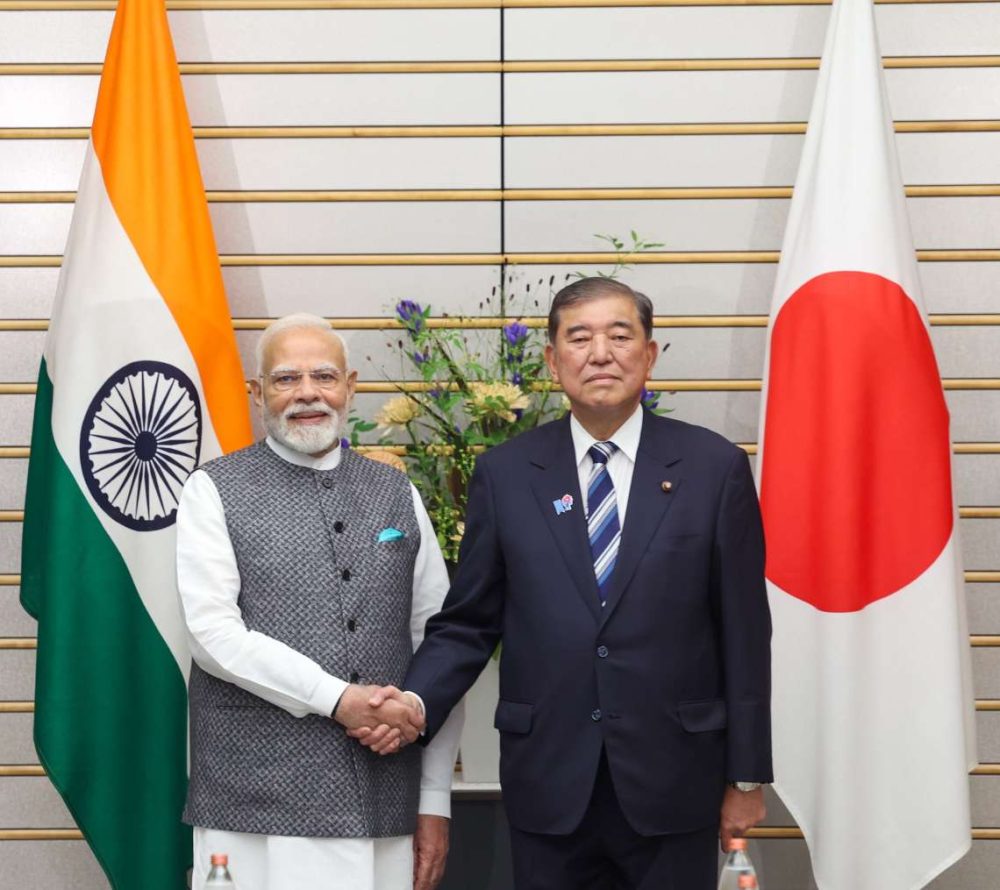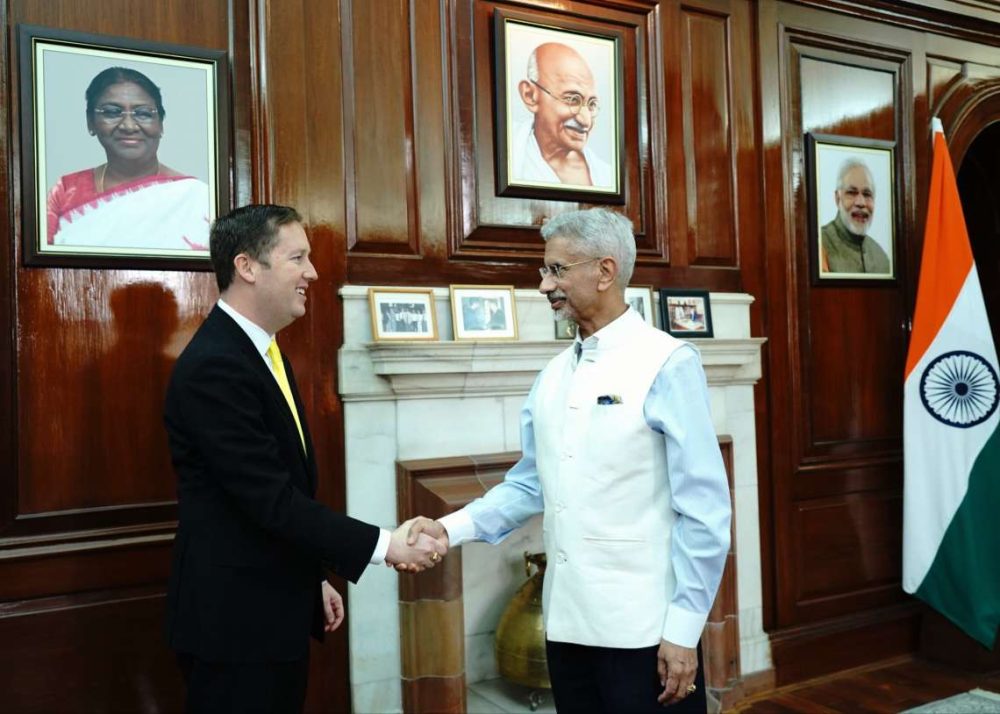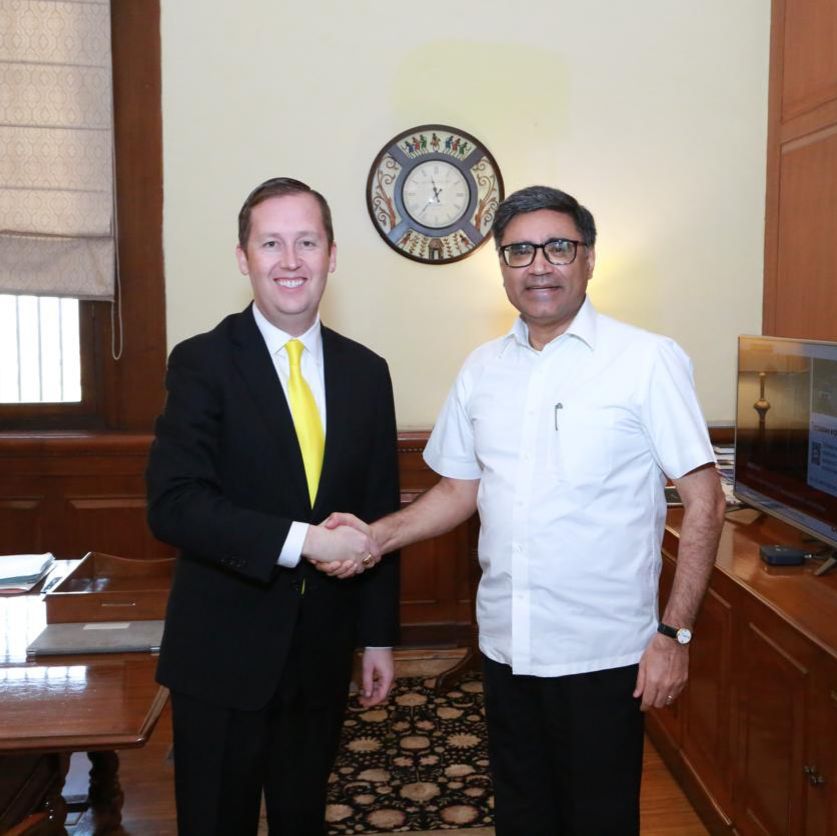It is anticipated that the NDA government will create a retirement fund in the 2024 Budget…reports Asian Lite News
The Finance Ministry is preparing to present the full fiscal year budget for 2024-25. The National Democratic Alliance (NDA) government is considering a proposal to offer central government employees a pension amounting to 50 percent of their last salary drawn under the National Pension System (NPS), according to a report by the Times of India.
Despite the attractive returns for those who remain invested for 25-30 years, particularly for those recruited after 2004, this move aims to address the concerns of central government employees regarding their pension. A panel led by Finance Secretary TV Somanathan has assessed the impact of providing an assured return and reviewed global practices as well as adjustments implemented by the Andhra Pradesh government.
“There is growing acknowledgement within the government of offering a 50 percent guarantee, and in case of any shortfall, the government will fill the gap,” the report added. The Somanathan panel’s recommendations came amid concerns over the pension system for central government employees.
Currently, the government pension system operates without a dedicated retirement fund, as the Centre does not have one. However, it is anticipated that the NDA government will create a retirement fund in the 2024 Budget.
About NPS
The National Pension System is a voluntary, long-term retirement savings scheme designed to provide financial security to individuals during their post-retirement period. It is regulated by the Pension Fund Regulatory and Development Authority (PFRDA) and operates on a defined contribution basis.
Subscribers contribute regularly to their retirement accounts during their working years, with the funds being invested in various financial instruments such as equity, corporate bonds, government securities, and alternative assets.
The accumulated corpus is managed by Pension Fund Managers (PFMs) appointed by the PFRDA. The NPS offers tax benefits under Section 80C of the Income Tax Act, along with an additional deduction under Section 80CCD(1B).
OPS for teachers in Maharashtra
Maharashtra Deputy Chief Minister and Finance Minister Ajit Pawar recently announced that the state government will take a decision within three months regarding the implementation of the Old Pension Scheme (OPS) for teachers.
During the Question Hour, Ajit Pawar said the teaching and non-teaching staff working in semi-government and aided institutions of Maharashtra who joined service after the notification was issued would be provided relief.
Pawar responded to questions raised by BJP members Sanjay Kelkar, Ashish Shelar, and Congress member Balasaheb Thorat.
As per the government’s decision, those opting for OPS will have to contribute 10 per cent while 14 per cent will be added by the state.
Pawar said that the government recently decided to give an option of the OPS to government employees whose posts were advertised before November 1, 2005 but who joined service after that.
In this decision, the option has been given to apply for the provisions of the Maharashtra Civil Services Retirement Rules 1982, Maharashtra Civil Services Retirement Pension Scheme 1984, and General Provident Fund Rules for managing retirement funds, exclusively to government officials and employees under the jurisdiction of the Central government.
He told the House that the decision was not implemented in respect of teachers and non-teaching staff working in semi-government and aided institutions as the case was sub judice.
Ajit Pawar said that considering the economic situation of the country and states, the Central government decided to discontinue the OPS and start a new one.
Subsequently, various state government officials and employees demanded the implementation of the OPS, to which the Central government has responded positively.
State governments have also sought information from the Central government regarding this matter.
Ajit Pawar also said the state government had formed a committee of retired officials to understand their demands.
“Discussions have been held with the associations of government officials and employees in this regard. A request was made in the Nagpur winter session regarding the state government’s stance on implementing the old pension.
“Some states have also sought information regarding decisions taken in this regard. The current government is pro-employee, so they will not be left in the lurch. Proper justice will be given in this matter,” Pawar assured.
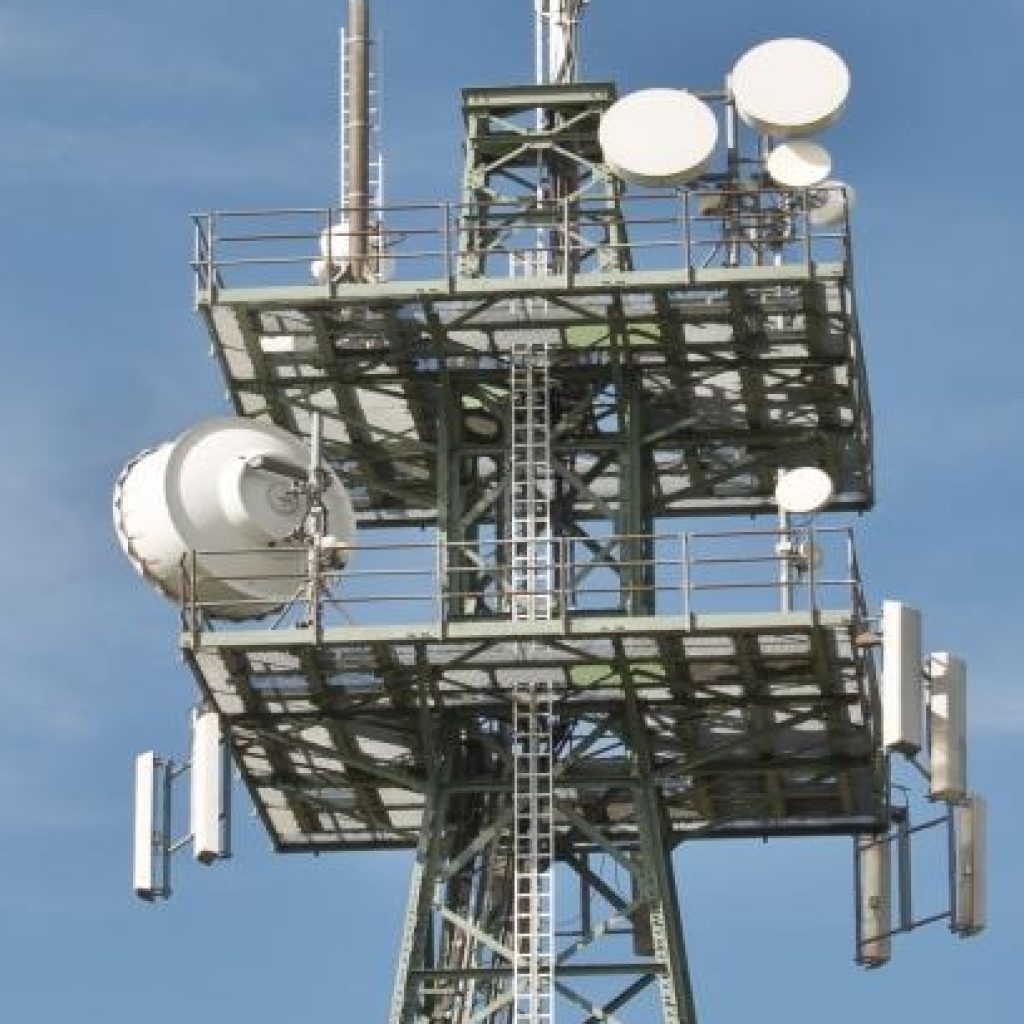
COAI urges Centre to reduce tax burden on telcos
The Indian telecom sector will get a boost if the Centre further reduces the tax burden in the upcoming budget to help enhance the financial well-being of the sector, the Cellular Operators Association of India (COAI) said on Wednesday.
In its recommendations on behalf of the telecom industry, the COAI said considering the huge capital that telecom service providers (TSPs) have to invest in the current scenario, especially for the deployment of 5G, the Universal Service Obligation Fund (USOF) levy should be abolished.
Alternatively, the government may consider the suspension of the USO contribution of 5 per cent of adjusted gross revenue (AGR) till the existing USO corpus of approximately Rs 80,000 crore is exhausted, the industry body noted.
“The telecom industry plays a pivotal role in this transition providing affordable connectivity and inclusivity. Thus, reducing the TSPs’ levy burden and facilitating investment opportunities are not just an economic necessity but a strategic investment for the country’s future,” said Lt Gen Dr S.P. Kochhar, Director General, COAI.
COAI also recommended that the license fee be reduced from 3 per cent to 1 per cent, so that it just covers the administrative costs by the Department of Telecommunication/government, thereby relieving the TSPs from additional financial burden.
“The industry is also concerned over the definition of gross revenue (GR). The definition of GR be made precise, stipulating that the revenue from activities for which no license is required should not be a part of GR,” said the COAI.
COAI also urged the government to introduce a special regime for the telecom operators under Section 72 of the Income Tax Act, 1961 wherein the business losses can be carried forward and set off for 16 assessment years from the existing eight years.
The apex telecom industry body also requested the finance ministry to exempt service tax on the additional AGR liability arising from the recent Supreme Court judgment.
Specifically, relief has been requested for the exemption from Service Tax payment for the period from April 2016 to June 2017, and on various services issued in November 2018.
The industry body also recommended that the customs duty be reduced to zero and then gradually increased depending on the creation of an ecosystem for manufacturing telecom gear in India.
COAI has also requested that the government exempt GST on license fees, spectrum usage charges and spectrum acquisition fees to provide much-needed relief to the sector.
ALSO READ: India and UAE vow to boost defence ties




